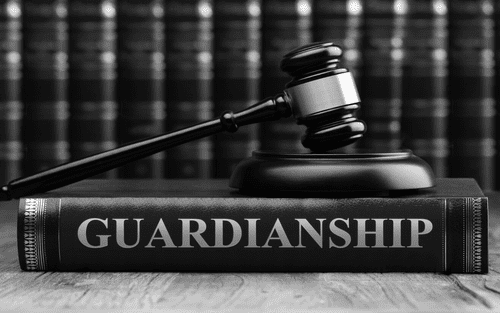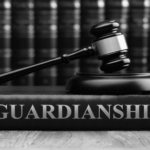Guardianship is a legal process in which a court appoints a guardian to take care of the personal and financial affairs of a person who is unable to manage their own affairs due to age, illness, or disability. The person for whom the guardian is appointed is known as the ward. In North Dakota, there are specific laws that protect the rights of wards in guardianships. In this blog, we will discuss the rights of a ward in a guardianship in North Dakota. For other SW&L content concerning guardianships, please see the following:
- What Happens If I Don’t Have a Health Care Directive
- The Battle Between a Power of Attorney and Guardianship! Which One Is Right For You?
- The Steps of a Guardianship
- Becoming A Certified Guardian Under Rule 59, Starting March 1, 2018
- I Have Been Appointed Guardian, Now What?
- How Can a Guardian Ad Litem Help Me With the Adult Guardianship Process
- Guardianship vs Conservatorship: What You Need and When
Right To Be Informed
One of the most important rights of a ward in a guardianship in North Dakota is the right to be informed. The guardian must inform the ward of the guardianship proceedings, the reasons for the guardianship, and the powers of the guardian. The ward also has the right to be informed about any decisions that affect their well-being, such as medical treatment or living arrangements. This right is protected by North Dakota Century Code Chapter 30.1-28.
Right To Participate In Decisions
The ward has the right to participate in decisions that affect their well-being. The guardian must involve the ward in decisions as much as possible and take into account the ward’s wishes and preferences. If the ward is capable of making some decisions, the guardian must respect the ward’s decisions. This right is protected by North Dakota Century Code § 30.1-28-12.
Right To Visitation
The ward has the right to visitation with family and friends. The guardian must not prevent or limit visitation, unless there is a good reason to do so. The ward also has the right to communicate with others, including by phone or mail. The ward’s rights to visitation and communication are protected by North Dakota Century Code §§ 30.1-28-12 and 30.1-28-12.2.
Right To Dignity And Respect
The ward has the right to be treated with dignity and respect. The guardian must not use abusive or neglectful behavior towards the ward. The guardian must also take into account the ward’s cultural, religious, and personal values when making decisions that affect the ward’s well-being. This right is protected by North Dakota Century Code § 30.1-28-12.
Right To Privacy
The ward has the right to privacy. The guardian must not intrude on the ward’s personal life or property, unless it is necessary to protect the ward’s health or safety. The guardian must also keep the ward’s personal and financial information confidential. This right is protected by North Dakota Century Code § 30.1-28-12.
Right To Legal Representation
The ward has the right to legal representation. The ward may choose their own attorney, or the court may appoint an attorney for the ward. The attorney represents the ward’s interests and ensures that the ward’s rights are protected. This right is protected by North Dakota Century Code § 30.1-28-03.
Right To Appeal And Challenge/Modify Guardianship
The ward has the right to appeal decisions made by the court. If the ward disagrees with a decision, they may appeal to the court. The ward may also request a change in the guardian or the terms of the guardianship. This right is protected by North Dakota Century Code §§ 30.1-28-05 and 30.1-28-07.
If you are a ward or proposed ward in a guardianship proceeding, and you want legal representation, please contact us!
Read this Disclaimer










